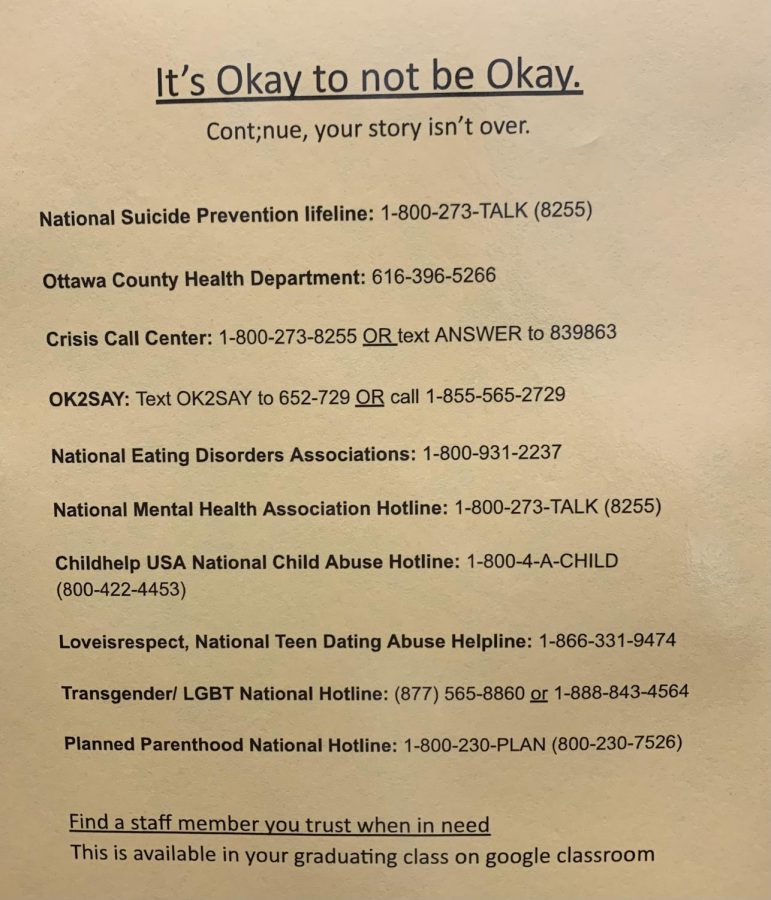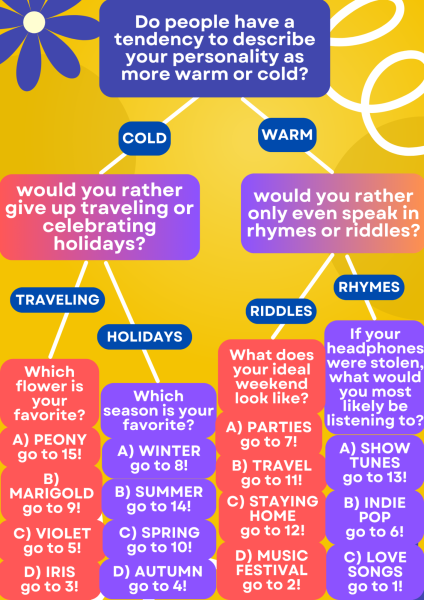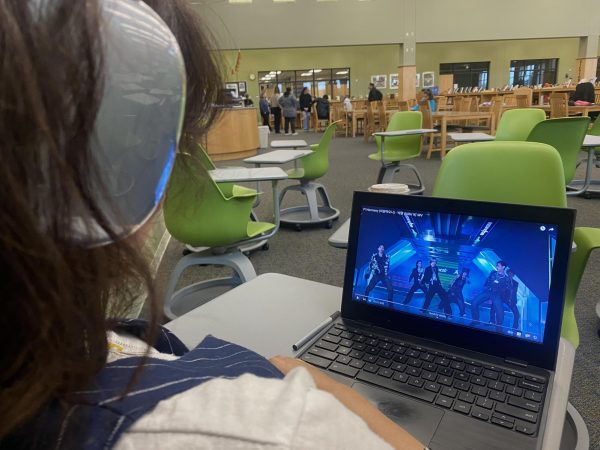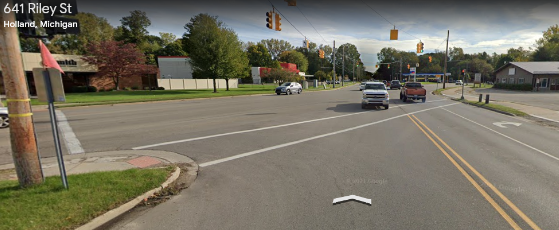Mental health: diagnosed vs undiagnosed
December 13, 2021
“What’s wrong?” said my mom on our way back to the condo. It was the end of spring break 2021 and we had just dropped my friend off at the airport as she was leaving a few days before my family and me. I was balling my eyes out in front of my mom, which I had tried to hide from her the entire week.
Spring break is supposed to be a happy time to catch some waves and get a tan, and not to mention a break from school; my spring break was nothing but, it seemed to only be filled with stress and tears. Throughout the entire week I tried to hide the new scars on my legs, the tears in my eyes, and the thoughts in my head.
I attempted to be happy and enjoy my time with friends and family, but there was a looming cloud over me. When night rolled around, I could’ve spent time getting ice cream or in the town nearby, but I chose to sit on our balcony and cry while my parents were just a floor below playing cards with their friends, clueless to how their daughter was feeling.
This was not the first time I’ve had to hide my thighs from my family due to scars; I have every summer since 8th grade. Talking to my mom in the car while driving to the condo was hard but we ended up deciding that when we get back home I would start seeing a therapist. I was so thankful, but why did it have to take so long to get to this point?
There has always been a stigma around mental health. For a long time people were told not to talk about it, that it was shameful and made you weak. I think that’s changed in communities and especially schools; mental health has become a more talked about topic, but there is still an issue with the stigma. That’s the battle of being diagnosed versus undiagnosed.
In middle school, I heard people say phrases like “If you don’t have depression then don’t say you are depressed.” To an extent I understand that, but I believe that saying things like that can push a lot of people to not speak out.
According to a study by Reuters, more than one third of teens didn’t receive treatment after being diagnosed with depression. Following that, less than half of the teens who were put on anti-depressants received follow-up care; follow-up care can consist of more frequent doctor appointments or continuing to see a therapist even after being put on medication or after being hospitalized.
In 9th grade I continued to hear phrases like, “There are so many people who have it worse than you.” Hearing those things pushed me to not want to speak out. I always thought that my pain wasn’t ever that bad or that I never hurt myself enough for it to actually be worth getting help. Even to this day, I still have those thoughts, that I’m fine and there’s no need to get help. In actuality I know that seeing a therapist has probably helped me stay five months clean from self harm. Although just because I’ve been clean doesn’t mean that I don’t get an urge, and so I know that I need to continue to go to therapy.
Therapy is a good choice for anyone, if you’re dealing with stress, grief, or are just having a few too many bad days. Sadly, therapy isn’t always an option for everyone, especially teens who have to talk to a parent about it.
Some families still have the traditional belief that mental health should be something you have to deal with on your own or just “get over.” Luckily, most teens do have access to a school therapist, but after being told at home that you need to get over it your thoughts can be twisted into the same thoughts I had; you don’t need help or your hurting can’t be that bad.
I have a good friend who has a hard time with their parents and deals with many mental illnesses. Their parents have a tendency to dangle their therapy and medication over their head like it’s a toy to be given and taken away. Mental health shouldn’t be treated like that, and it breaks my heart to see them affected by this.
I have not been diagnosed with any mental health illnesses and on one hand I’m very grateful that I don’t have to have that looming on me my entire life. On the other hand, I constantly feel like I need to be diagnosed to make sense of why I feel like this or so they can put me on medication and I can feel better.
When it comes to mental health, I believe that we should consider that everyone deals with negative thoughts, whether it’s just someone having a bad day or someone who has been diagnosed with a mental illness. Underestimating someone’s pain is harmful and I think that it only takes a little more effort to be a caring and empathetic person.












